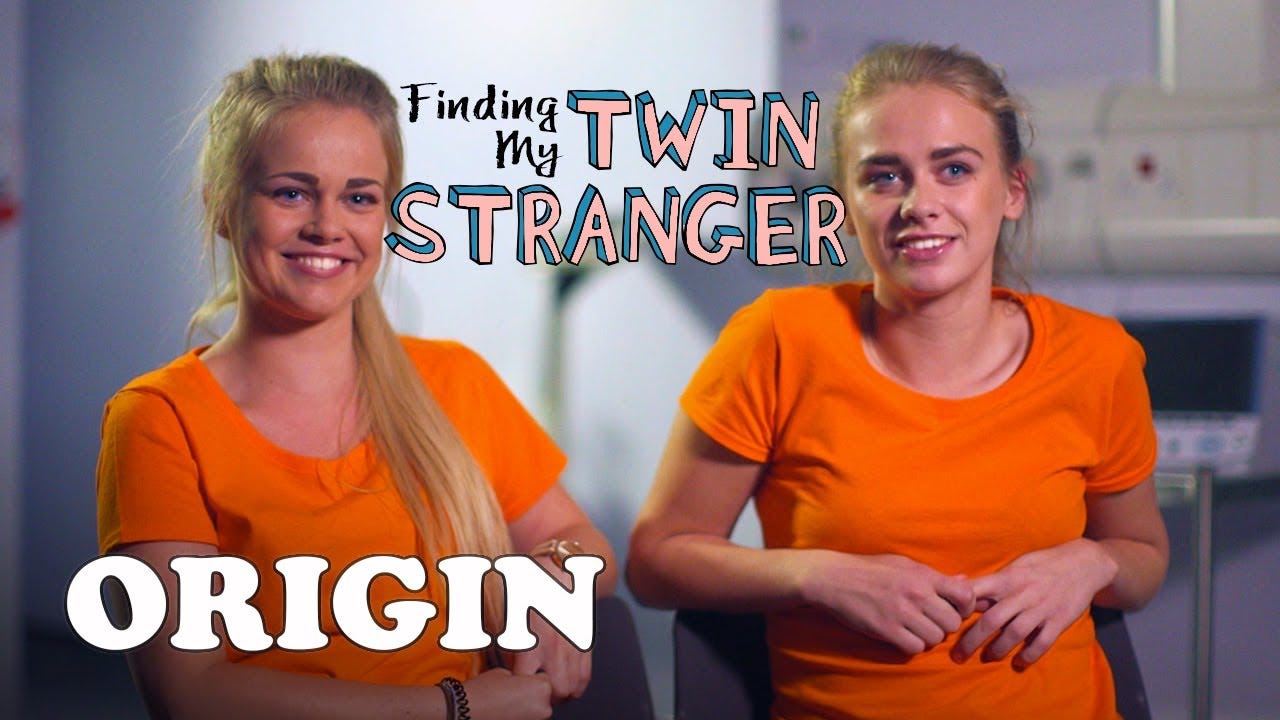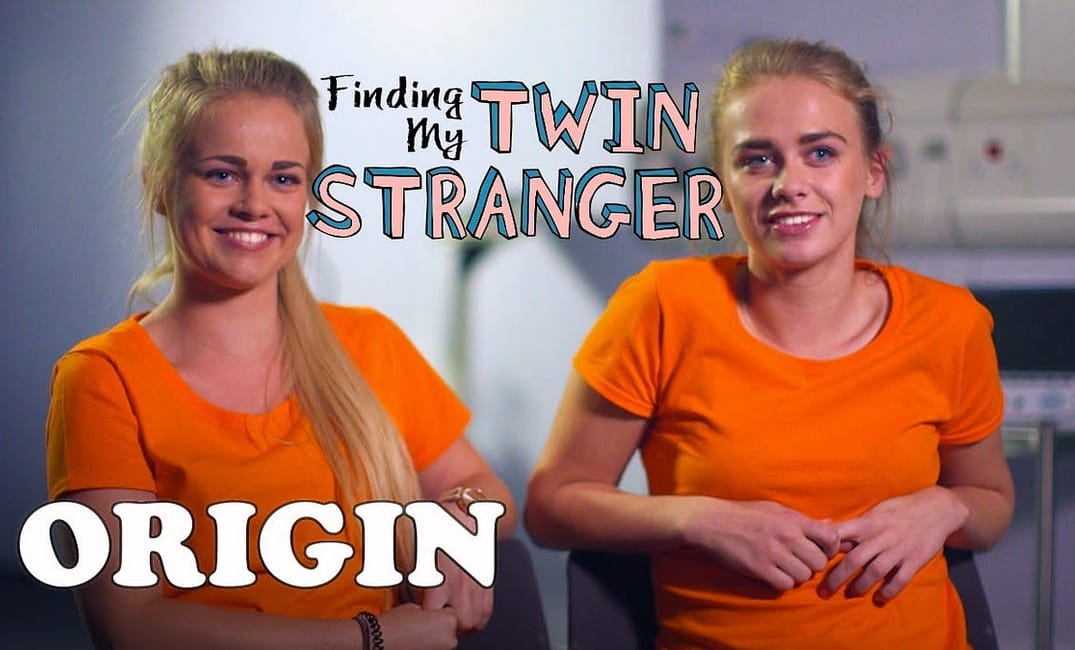Weirdest Shit Out of Silicon Valley

Weirdest Shit Out of Silicon Valley is a weekly series from The Bold Italic documenting the bizarre news, gadgets, and developments in the tech world.
I’m sure that at some point in your life, you’ve been asked/told what random celebrity you slightly resemble, and if the comparison was flattering, you’ll never forget it. One friend is forever owning his Bieber doppelgänger, even as he ages out.
I just watched the mini-documentary Finding My Twin Stranger by Channel 4, and dropped down a rabbit hole of identical-ish strangers. In the film, researchers collect a bunch of “twins” and analyze them using 3D scanning technology, 2D facial recognition analysis, DNA testing, and audience assessments. Two girls share a nose that’s 90%–95% identical (I didn’t want to rewatch it to confirm!) — “the same as identical twins,” the researcher tells them.
During the documentary, one website is constantly credited as helping people twin up: Twin Strangers.
Through this site, you can (for free) upload your picture, and their A.I. tool will match you against the millions of other submissions in their database, and score your matches out of 100. I didn’t find any Zara clones, but it was surprisingly on point — when I uploaded, from a new account, a second picture of me, taken years ago, with different lighting, hair color, and facial angle, it gave me a 93% match… with myself.
Then there’s Pimeyes, a Polish facial recognition startup, where you can upload your selfie (for free) and its A.I. then find finds “you” all over the internet. It appears much more sophisticated than TinEye or a reverse image search. It clocked me in the background of photos I didn’t know had been taken… as well as matched me with a bunch of Zara clones, a few of them so impressive that I briefly used them in my profile picture and no one was the wiser.
Yes, facial recognition is a hugely problematic space, reports Antoaneta Roussi in Nature, and faux twins are somewhat of a cover for a more systemic issue.
Still, we’re all feeling more alone than ever right now, and the idea of a fake twin — a person who somehow shares your looks (and maybe your values) — is a comforting thought.
Sign up for The Bold Italic newsletter to get the best of the Bay Area in your inbox every week.







